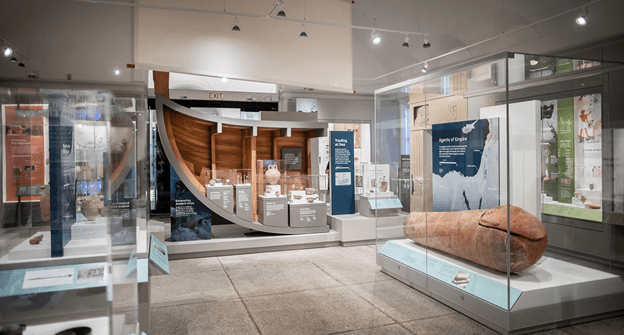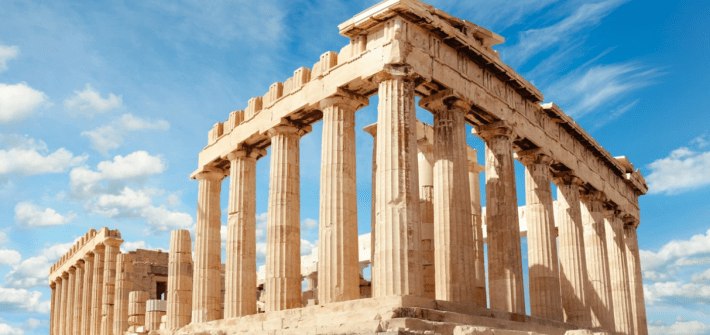The Sistrum: Echoes of Egypt in Minoan Civilization
By Jake Maeng
Though the Bronze Age Egyptian and Minoan civilizations each had their own unique elements, they were undoubtedly interconnected. Archaeologists have uncovered the influence of Egypt on the Minoan civilization in surprising ways—one of which is the sistrum, a musical and ritualistic instrument…









